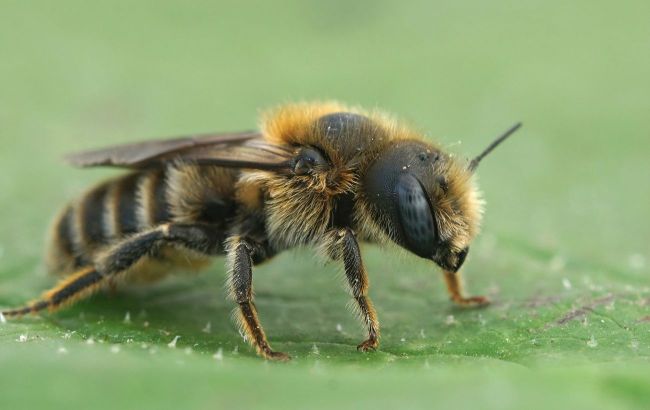Global warming threatens bumblebee population
 Global warming threatens bumblebee population (freepik.com)
Global warming threatens bumblebee population (freepik.com)
Half of the bumblebee population may disappear because of global warming, as the insects cannot survive significant temperature increases, reports The Guardian.
Bumblebees are important pollinators of wildflowers and agricultural crops, including tomatoes, beans, apples, blueberries, blackcurrants, and raspberries.
Professor of Biology at the University of Sussex Dave Goulson explains that other pollinators such as flies, wasps, butterflies, birds, and bats could theoretically take on some of the work bumblebees do. However, according to him, this perspective is not clear.
What's happening to bumblebees
Goulson says that some bee species can cope with high temperatures, while others that currently live further south may move northward as temperatures rise.
According to the media, new research shows that bumblebee nests can overheat, killing off broods and leading to a decline in one of Earth's most important pollinators.
It's already known worldwide that the population of many bumblebee species has declined due to global warming.
Bumblebee colonies are known for their ability to regulate temperature: in hot conditions, worker bees gather to fan their wings and cool the hive. But as the climate crisis pushes average temperatures up and generates heatwaves, it becomes increasingly difficult for bumblebees to maintain their nests suitable for habitation.
"We have known for a long time that bumblebees are cool-climate specialists. Most insects are more abundant in the tropics, but bumblebees are weird in that they are at their most abundant in places like the Alps and Britain," Goulson said.
According to him, these insects are large and fluffy, which makes them adapted to cooler environments.
"There are even some that live in the Arctic, the Bombus polaris. That means an obvious problem with climate change – they are vulnerable to warming," he added.
With the onset of warmth, not only do flowers bloom and parks become green, but insects, including bees and wasps, also become active.

